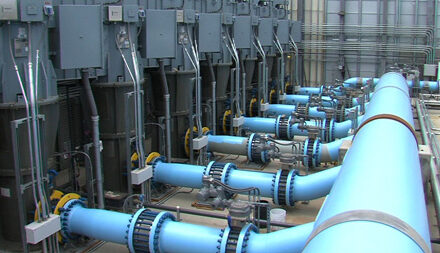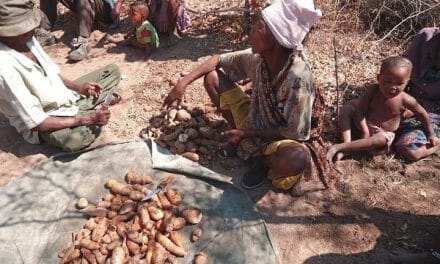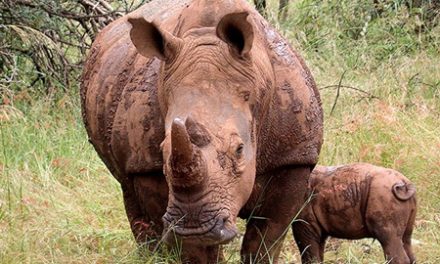
Creating jobs through green economy

Hon. Doreen Sioka, Minister of Labour and Social Welfare speaking at the two-day workshop in Windhoek (Photograph by Lorato Khobetsi)
The green economy concept combines environmental considerations such as the reduction of carbon dioxide emissions and pollution as well as the adaptation to climate change with people-centered solutions to the challenges of economic development.
Namibia is one of the developing countries that seized the potential of the green economy for job creation in combination with the reduction of environmental degradation and poverty. Many businesses in the country have emerged as green entrepreneurs by providing green services, products in renewable energy, recycling, community-based tourism as well as green construction, all using green technologies.
Realising the potential for a significant job creation in the country’s green economy, the Ministry of Labour and Social Welfare in collaboration with the Finnish Embassy and the International Labour Organization (ILO) hosted a two-day workshop, themed “Unlocking the Employment Creation Potential of the Emerging Green Economy”. The workshop was held earlier this week. It aimed at maximizing the link between the green economy and job creation through, amongst others sustainable enterprise development.
The workshop enabled participants to consider opportunities for green economic growth in the country from the perspective of job creation through enterprise development and to learn from best practices from other countries on how to unleash the inherent job potential of the green economy, at the same time contributing to poverty reduction.
According to Hon. Doreen Sioka, Minister of Labour and Social Welfare, her ministry is currently working with a multi-sectoral task force to develop a new National Employment Policy which will include a special focus on green jobs and how to link them with other elements of employment creation in a wider context. Sioka said the green economy is an area where future economic growth and employment creation is possible. “It is the place where poverty reduction can gain special momentum and where we can make significant steps towards greater social equity,” said the minister when she opened the workshop.
Sioka highlighted the fact that the country is experiencing challenges of high unemployment especially in rural areas and among women and the youth, against a background of a number of environmental challenges. “These challenges should not be neglected especially considering the high dependency of our economy on agriculture and natural resources and the threats posed to the economy by climate change,” she said.
Echoing the minister’s sentiments, Head of Mission at the Embassy of Finland, Her Excellency Mrs. Anne Saloranta said a new approach is needed to steer clear from focusing on the trade-off between creating economic growth and protecting the environment but rather focusing on opportunities that the green economy brings in terms of creating new businesses and jobs.
“We need to actively embrace the opportunities that a transition from a brown economy into a green economy brings with it,” said Saloranta, adding that countries that cling to the old ways of doing business risk falling further behind as early movers capture the emerging opportunities that a green economy provides.
The workshop was attended by dignitaries from the Ministry of Labour and Social Welfare, the Ministry of Environment and Tourism, the National Planning Commission and representatives from ILO across the southern region as well as delegates from Finland.












































